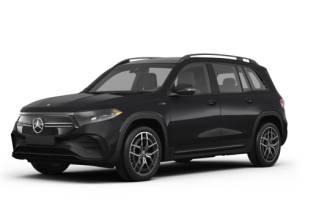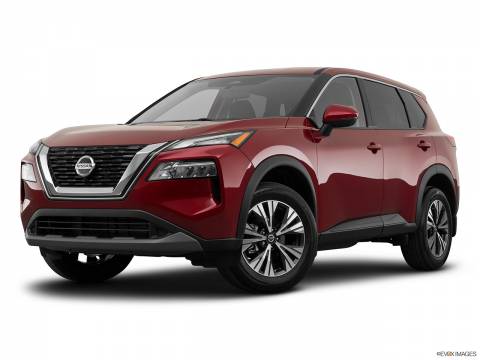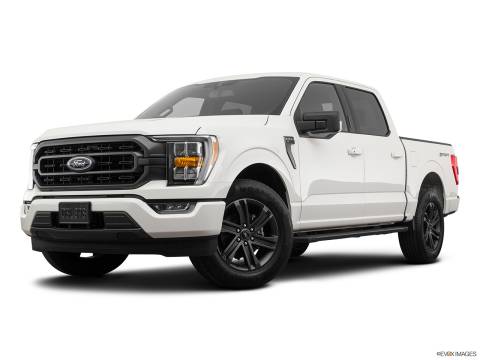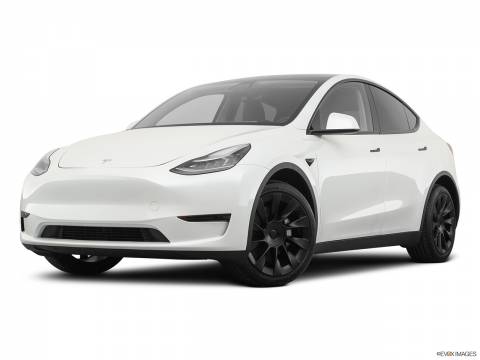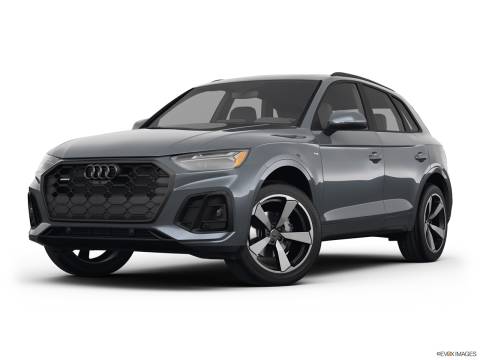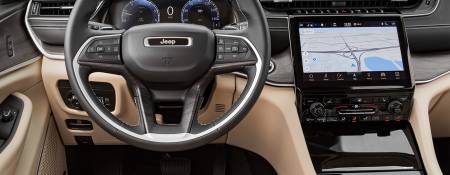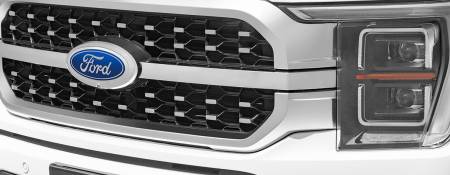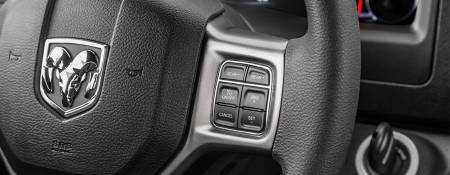Acquiring a vehicle is an important step, from multiple points of view. It involves all kind of evaluations, such as financial, daily routine, habits, and even planning factors. Questions like: How much will it cost me? Where I'm supposed to park it? How much will we have to pay on insurance? How will now I do when I drive to work on rush hour?
Maybe I'm biased because I live in Montreal, where public transportation is great (if you are inside the island or in the suburbs) but if you live in a residential town, most of those may not be a big deal to respond.
On this article, I will rapidly cover what are the main factors to decide when you are making a decision. Most of these elements are covered in detail in the book Car Leasing Done Right.
But here, the fast snippets for you:
When you should Lease New
- You are estimating to drive less than 24,000 km/year: If you expect to drive less than 461km/week, leasing will not work for you. You will be only allowed to buy.
- You are interested on having a fixed and predictable vehicle cost over time: Leasing costs are predictable and fixed over time. It can reduce your budget allocation when it comes to transportation costs.
- You want to reduce risky situations with your vehicle costs: New vehicles tend to experience mechanical issues way less than the average vehicle on the road.
- You also want to drive safer vehicles: Modern vehicles tend to be safer than vehicles even from 3-4 years before. If somehow this is a decisive factor for you, leasing should be better.
When you should Buy New
- You are estimating to drive more than 24,000 km/year: If you expect to drive more than 461km/week, leasing will not work for you. You will be only allowed to buy.
- You are interested on having a fixed and predictable vehicle cost over time, at least during the first period: Leasing costs are predictable and fixed over time. It can reduce your budget allocation when it comes to transportation costs.
- You want to avoid risk situations with your vehicle costs: New vehicles tend to experience mechanical issues way less than the average vehicle on the road.
- You expect to depreciate the vehicle more than usual: Wear & Tear, pickup trucks, passenger transportation, Uber, taxi…: There are certain scenarios, where leasing a new car is not allowed. Especially on those that expect to have the vehicle depreciated more than expected due to heavy-duty use.
When you should Buy Used
- You got a good “below average price” deal: If you were able to find a great deal, congratulations!
- You are OK with unpredictable vehicle costs: Used vehicles tend to experience more mechanical issues than the average new vehicle.
- You are skilled on mechanics or have at least good basic knowledge: If you can defect by yourself most of basic vehicle issues, you will be able to save much more money than the average Canadian driver.
- You have a low credit score, and it is your only alternative: If you are a newcomer to Canada or have a low credit score, maybe you are not able to apply for a good financing through a major new vehicle manufacturer. On this case, used cars are your only alternative.
Dig further into the Data
If you want to make a better informed decision, I strongly encourage you take a look at my book "Car Leasing Done Right". Whatever your outcome, you will feel way more confident with the steps you take and how you will be able to respond, by yourself, most of the questions I stated at the very intro of this article.
Drive safe!






